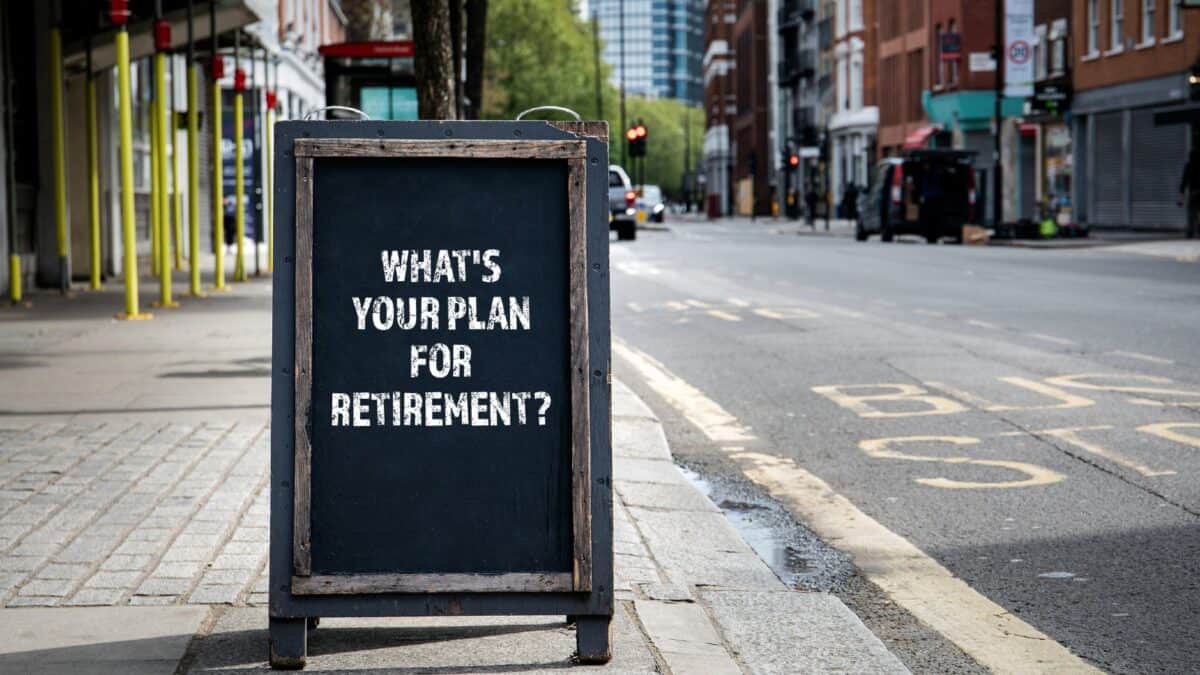Running out of money later in life is a risk that we all face. Today, people are living much longer. The good news is that there are ways to mitigate this risk. Allocating more capital to the stock market is one strategy that could be worth considering.
One of society’s biggest risks
In the past, it was generally accepted that a ‘balanced’ portfolio consisting of 60% stocks and 40% bonds, or 50/50 stocks and bonds, was the best strategy for those building wealth for retirement.
The idea behind balanced portfolios was that stocks would provide growth (the stock market typically returns about 7-10% a year on average) while bonds (which provide lower returns than stocks) would give protection. If the stock market fell, bonds would provide a cushion, smoothing out returns.
The problem is that life expectancy has increased dramatically since balanced portfolios were developed in the early 1960s.
And thanks to recent advances in medical technology (like new weight-loss drugs), it’s likely to increase further in the years ahead, meaning retirement could last 30+ years.
What this means is that growth of capital is going to become more important.
Ultimately, if we’re not growing our money at a high enough rate (well above inflation), many of us are likely to run out of money at some stage later in life.
“I think this is going to be the biggest societal risk,” Larry Fink, CEO of investment giant BlackRock, said recently.
So it could be worth considering an asset allocation that has a higher weighting to stocks.
It’s worth noting that Fink believes long-term investors (including older investors) should be allocating 80% of their capital to the stock market and hard assets, such as property and infrastructure, in an effort to avoid running out of money later in life.
Investing for a long retirement
Experts at Hargreaves Lansdown have also recently highlighted the importance of investing for long-term growth.
“Making sure you have enough income in retirement is one of the biggest challenges facing investors,” wrote Senior Investment Analyst Hal Cook.
“Cash may be a good idea for your rainy-day savings, but for retirement you need to be invested. And the power of compound interest and time in the market means the earlier you start, the easier it is to grow a sizeable pension pot,” he added.
Cook highlighted a few investment funds that could help take the hard work out of retirement planning including:
- L&G Future World ESG Developed Index – a fund that invests in broad developed stock markets while being mindful of environmental, social, and governance (ESG) issues.
- BNY Mellon Multi-Asset Balanced – a multi-asset fund that invests in shares (around 80% of the portfolio, currently), bonds, commodities, property and currencies.
Taking a long-term view
Of course, investing in the stock market comes with risk. In the short term, stocks can be volatile. So it isn’t sensible to invest money that’s going to be needed in the near term.
But if an investor builds a well-diversified portfolio, and takes a long-term view, they are likely to grow their wealth over time with stocks.
The more wealth that can be built, the better the chances of enjoying a secure retirement.







